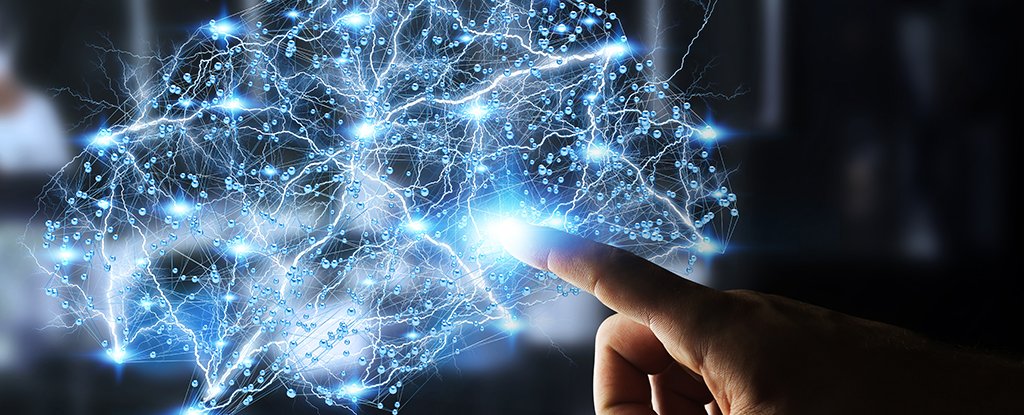Memory Restoration
"We all have good days and bad days, times when we're foggy or when we're sharp."
"We found that jostling the system when it's in a low-functioning state can jump it to a high-functioning one."
"We find there's even more variability during retrieval than encoding more potential to increase performance."
"It’s one thing to go back through your data, and find that the stimulation works. It’s another to have the program run on its own and watch it work in real time.""Now that the technology is out of the box, all sorts of neuro-modulation algorithms could be used in this way."Michael Kahana, psychology professor, University of Pennsylvania
"We have good evidence that things like nicotine and aerobic exercise improve some aspects of attention."
"The stimulation may be activating some of the same systems, only more directly and precisely."
Zach Hambrick, professor of psychology, Michigan State University
"One woman in her sixties got to where she could recall more than one hundred words in correct order."
"That ability didn't transfer to any improvement in general cognition, like the ability to concentrate, to store new information without using the technique, or speed of processing."
David Balota, researcher, Washington University, Missouri
 |
It was revealed in February in the journal Nature Communications that scientists had developed a brain implant whose purpose is to boost memory. Yet another piece of bioscience coupled with advanced technology to aid people suffering from serious memory loss. Scientists at the University of Pennsylvania and Thomas Jefferson University studied decades of work devoted to the decoding of brain signals with the use of the most advanced techniques of machine learning.
The result was the development of a new implant represented by an array of electrodes embedded deep in the brain to monitor electrical activity -- somewhat like a peacemaker in that it can deliver a stimulating pulse when required and that would be when the brain struggles to store new information. It is felt that this device may provide support to people with extreme thought deficits and in so doing radically improve their lives.
For others, with normal brain function and thought processes, the central discovery advancing the device; that a wandering brain can be boosted to make it more alert -- already has resonance for people have been stimulating their brains and minds on their own, somewhat less formally and invasive in the technical-engineering sense, by using caffeine, nicotine, prescription drugs, and when all else fails, a brisk run in fresh air around green trees, to clear the mind and boost brainpower.
Some individuals have remarkable memories capable of storing data and retrieving it at will. Those who score high in memory tests depend on cues specific to their memory capabilities, thought to be partially inherited -- though psychologists appear to believe that almost anyone is capable of expanding a native ability, using techniques to mentally arrange new names, facts or words linked to a familiar place.
 |
| Science Alert |
According to the researchers involved in discussions on commercializing the technology, the device could correct injuries by aiding in listing and recalling critical life-enhancing details. As, for example, whom to contact for aid, how to use the telephone, keeping everyday but vital information foremost in mind. Perhaps the simple expedient of making reminder notes clear and concise and in handy view hadn't occurred as a simpler, more practical nudge in aiding memory...??
On the other hand, scientists looking to the future are perhaps likelier to switch the technology to the efficiency and practicality of memory retrieval, instead of mere memory storage.
 |
Brain activity SCIEPRO / Getty Images
|
Labels: Afghanistan, Bioscience, Brain Injuries, Health, Research

0 Comments:
Post a Comment
<< Home